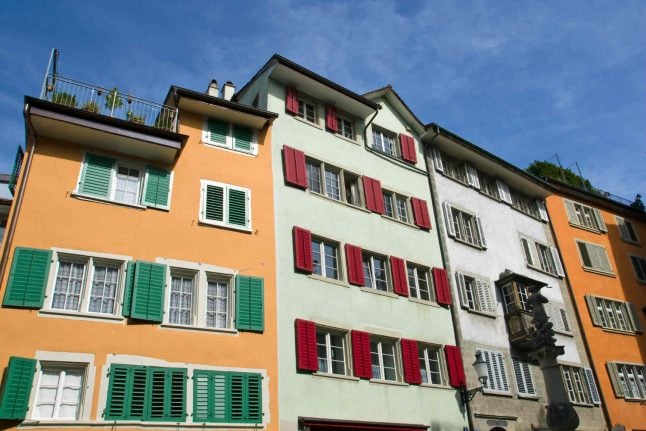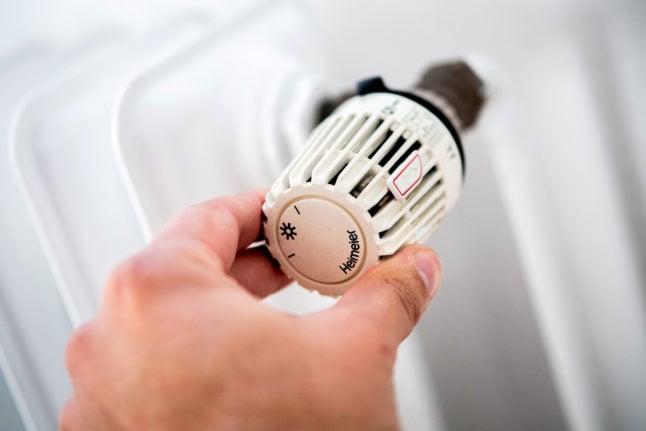The campaign, launched on Tuesday by the More Affordable Housing initiative, aims to “end property speculation”.
The initiative calls for more money to be made available for social housing, including low interest loans for housing cooperatives.
Housing cooperatives, which operate on a not-for-profit basis, have sprung up as an alternative to traditional profit-focused rentals across Switzerland.
The initiative calls upon cantons and councils to make land available for these cooperatives, calling it a profitable investment in Swiss society.
Doing so would reduce housing costs by up to 20 percent, says Green politician Louis Schelbert.
The campaign also calls for housing investment to be made in sustainable development. This includes more energy efficient building materials and designs, while the campaigners argue that collective housing is far more sustainable and energy efficient than traditional housing.
The campaign comes just a month before Swiss voters are set to go to the polls to vote on the February 9 affordable housing initiative, which proposes 10 percent social housing and more support for sustainable development.
Renting in Switzerland
Renting is the major expense for most households across Switzerland, with costs having risen almost 20 percent since 2005.
READ: How rent prices are fluctuating in Swiss cities
While rents did decline slightly in 2019, experts predict that they will again rise in the near future.
The initiative is made up of tenant groups as well as unions, political parties and other representative organisations.
p.p1 {margin: 0.0px 0.0px 0.0px 0.0px; font: 12.0px Helvetica}
p.p2 {margin: 0.0px 0.0px 0.0px 0.0px; font: 12.0px Helvetica; min-height: 14.0px}



 Please whitelist us to continue reading.
Please whitelist us to continue reading.
Member comments